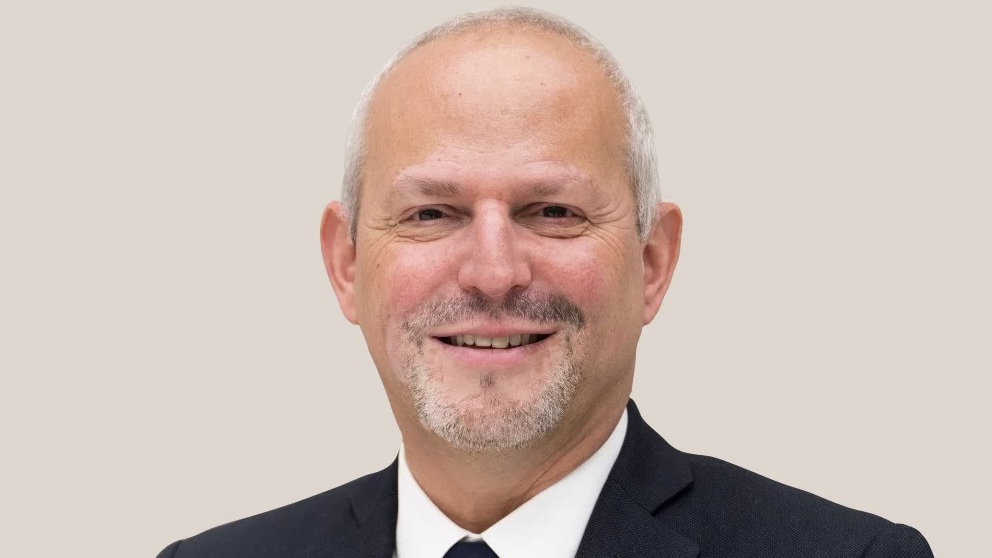Jérôme Salomon, Assistant Director General, ADG SDG at the World Health Organization, shared a post on LinkedIn:
“WHO issues guidance to address drastic global health financing cuts.
The World Health Organization today released new guidance for countries on ways to counter the immediate and long-term effects of sudden and severe cuts to external funding which are disrupting the delivery of essential health services in many countries
The guidance ‘Responding to the health financing emergency: immediate measures and longer-term shifts’ provides a suite of policy options for countries to cope with the sudden financing shocks and bolster efforts to mobilize and implement sufficient and sustainable financing for national health systems
External health aid is projected to drop by 30% to 40% in 2025 compared with 2023, causing immediate and severe disruption to health services in low- and middle-income countries LMICs. WHO survey data from 108 LMICs collected in March 2025 indicate that funding cuts have reduced critical services including maternal care, vaccination, health emergency preparedness and response, and disease surveillance by up to 70% in some countries. More than 50 countries have reported job losses among health and care workers, along with major disruptions to health worker training programmes.
‘Sudden and unplanned cuts to aid have hit many countries hard, costing lives and jeopardizing hard-won health gains,’ said Tedros Adhanom Ghebreyesus, WHO DG. ‘But in the crisis lies an opportunity for countries to transition away from aid dependency towards sustainable self-reliance, based on domestic resources. WHO’s guidance will help countries to better mobilize, allocate, prioritize and use funds to support the delivery of health services that protect the most vulnerable’
This year’s funding cuts have compounded years of persistent health financing challenges for countries, including rising debt burdens, inflation, economic uncertainty, high out-of-pocket spending, systemic budget underfunding and heavy reliance on external aid
WHO’s guidance urges policy-makers to make health a political and fiscal priority in government budgets even during times of crisis, seeing health spending as not merely a cost to be contained, but an investment in social stability, human dignity and economic resilience
The guidance emphasizes the need for countries to cushion the immediate impact of reductions in foreign assistance for health and to adapt to a new era of reduced assistance.
Key policy recommendations include:
- prioritize the health services accessed by the poorest
- protect health budgets and essential health services
- improve efficiency through better procurement, reduced overheads and strategic purchasing
- integrate externally-funded or disease-specific services into comprehensive PHC-based delivery models
- use health technology assessments to prioritize services and products that have the greatest health impact per dollar spent.”
More posts featuring Jérôme Salomon.


